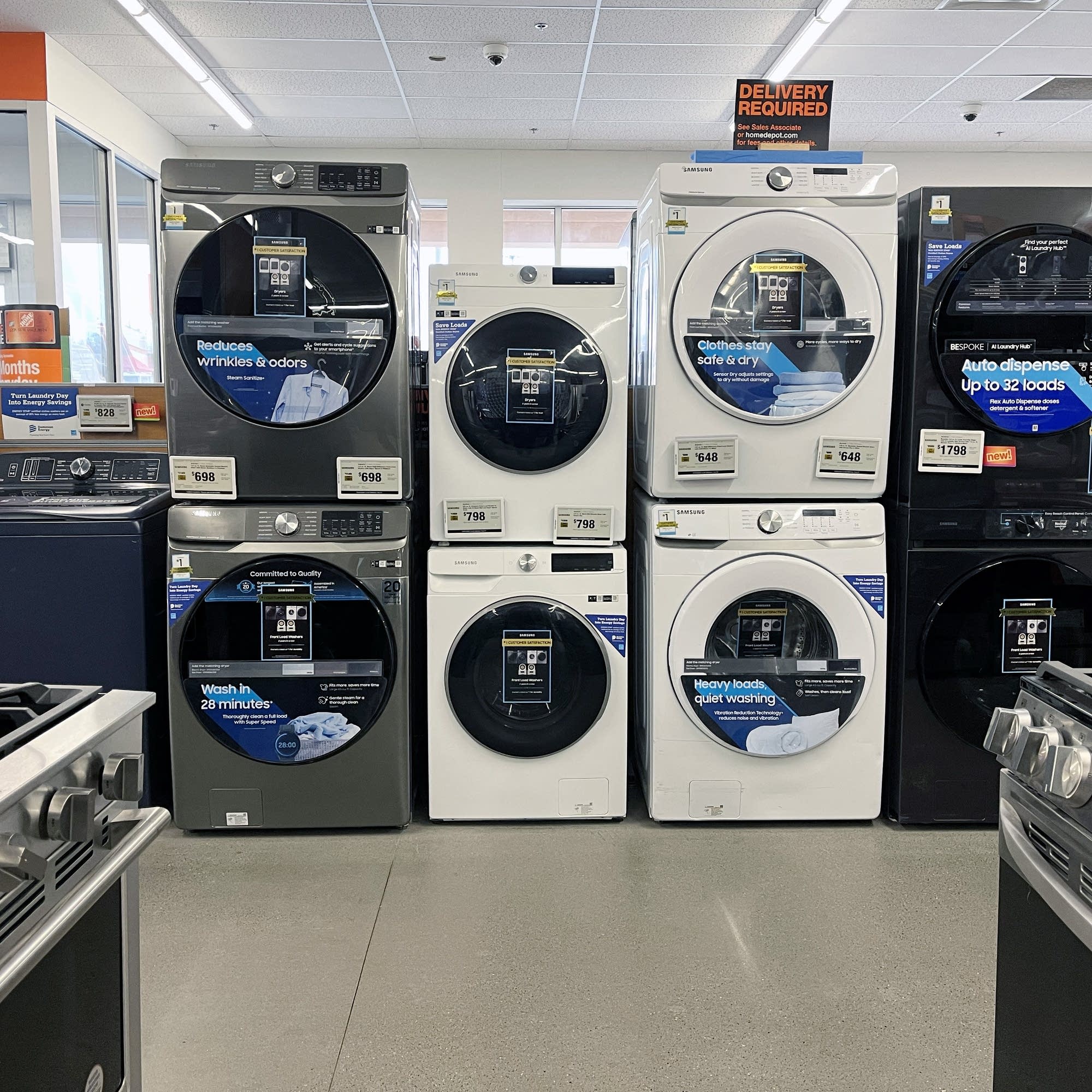
🤖 AI Summary
Overview
This episode explores the economic implications of the ongoing government shutdown, using corporate earnings and industry insights as proxies for missing federal data. Topics include the housing market's impact on appliance sales, challenges in the barge and cattle industries, small business staffing strategies, and the consolidation of regional banks.
Notable Quotes
- You never know what you got until it's gone. And we're slowly figuring out what that is.
– Austin Golding, on the effects of the government shutdown on waterway management.
- When I see my weekly beef bill, I could buy a car.
– Chef Ernest Cervantes, on the rising cost of beef impacting his Texas barbecue business.
- If we're telling 'em what the weather is today, we're a month late.
– Austin Golding, on the importance of forecasting in the barge industry.
🏠 The Housing Market and Appliance Sales
- High-end appliances like Sub-Zero and Thermador are selling well, while lower-cost brands like Whirlpool are struggling, reflecting a trend of home remodels over new purchases (Mackenzie Dahl).
- Single-family housing construction is down, putting downward pressure on appliance sales, as new homeowners typically spend more on appliances (Robert Dietz).
- Despite U.S.-based manufacturing, Whirlpool has not gained significant market share from tariffs on foreign competitors like Samsung and LG.
🚢 Barge Industry Challenges Amid Low Water Levels
- Low water levels on the Mississippi River are reducing barge capacity and cargo loads, significantly impacting profitability (Austin Golding).
- The government shutdown has delayed licensing and maintenance, exposing vulnerabilities in waterway infrastructure.
- The barge industry is diversifying, with increased demand for transporting construction materials due to large-scale projects like Meta's data center in Louisiana.
🥩 Rising Beef Prices and Agricultural Impacts
- Beef prices have risen by 15%, benefiting cattle producers but straining barbecue restaurants. Chef Ernest Cervantes has removed high-cost items like beef ribs from his menu to stay profitable.
- Small-scale cattle producers are seeing improved profits due to lower feed costs and higher beef prices, encouraging herd expansion (Damien Turner).
- Economists predict it will take years for increased cattle supply to stabilize prices.
🏦 Regional Bank Consolidation
- Regional banks like Huntington and Cadence are merging to achieve scale and invest in technology, such as mobile banking apps (Meg Tyre).
- The regulatory environment under the Biden administration had slowed mergers, but banks are now capitalizing on a more favorable climate (Jeremy Kress).
- Consolidation may reduce competition, leading to less favorable interest rates for consumers and fewer loans for small businesses.
👩💼 Small Business Staffing and Risk Management
- Small businesses are cautious about hiring due to economic uncertainty. Some, like Fearless Foundry, are investing in automation to reduce reliance on staff (Madeleine Reeves).
- Restaurants are raising wages and offering perks to retain staff but are limiting operating days to manage costs (Spiro Papadopoulos).
- Other businesses, like Stinner Frameworks, are expanding operations to increase efficiency and build financial buffers against potential downturns.
AI-generated content may not be accurate or complete and should not be relied upon as a sole source of truth.
📋 Episode Description
The shutdown has delayed October's durable goods report. But fear not! Michigan-based appliance manufacturer Whirlpool reported earnings today, and they were pretty tepid. What does that tell us about Trump's tariffs, or the housing market? In this episode, corporate earnings act as a stand-in for missing federal data. Plus: There are winners and losers during a period of high beef prices, small business owners scrutinize their staffing strategies, and regional banks consolidate to compete with fintech.
Every story has an economic angle. Want some in your inbox? Subscribe to our daily or weekly newsletter.
Marketplace is more than a radio show. Check out our original reporting and financial literacy content at marketplace.org — and consider making an investment in our future.
